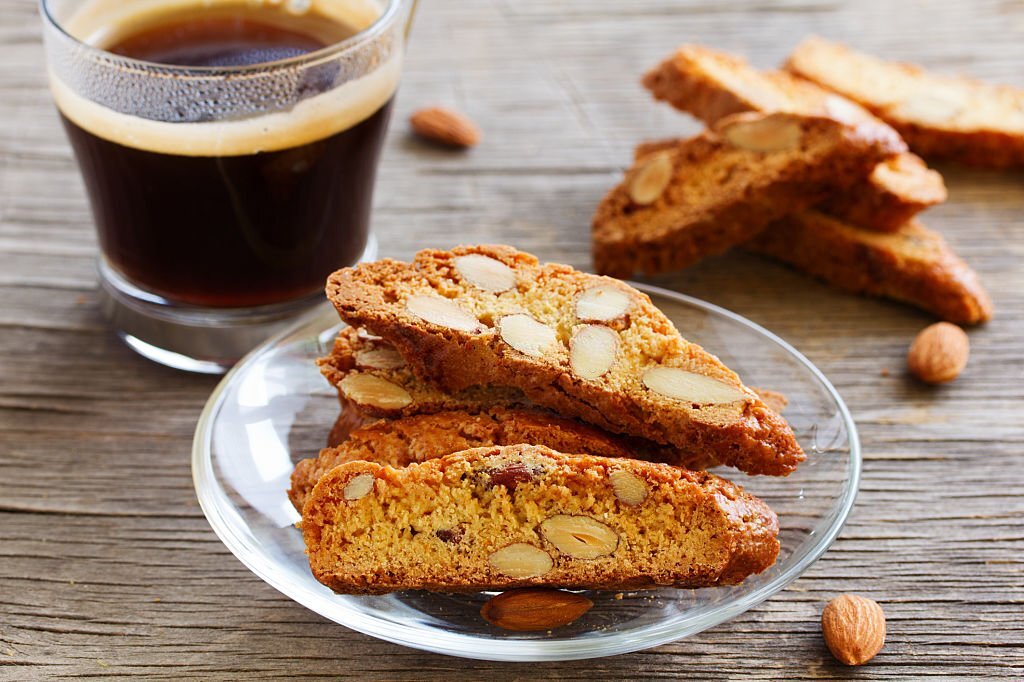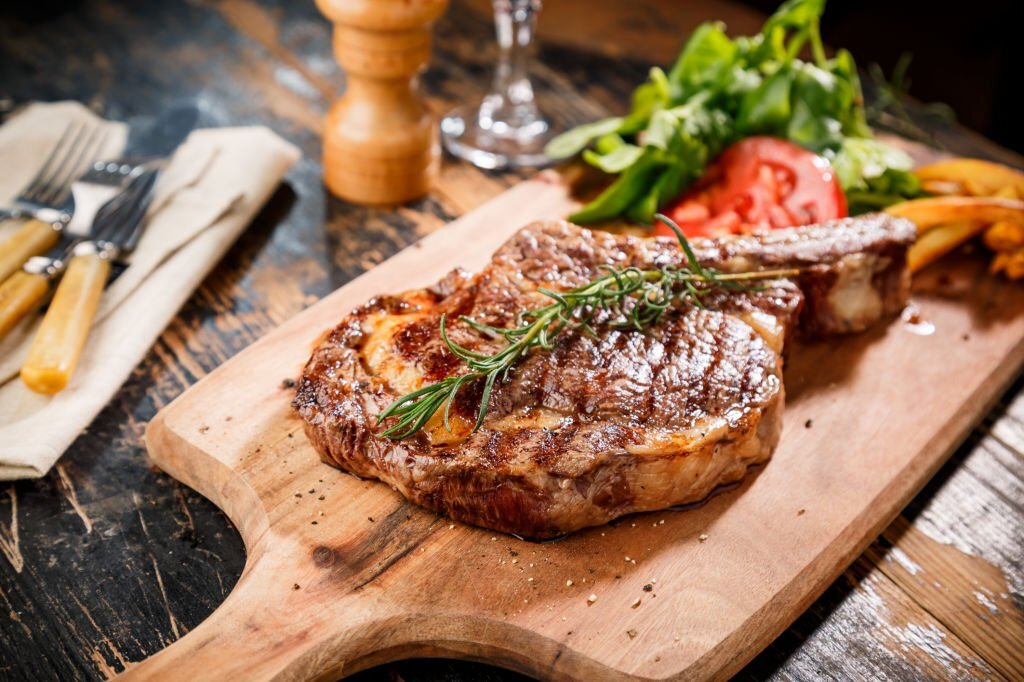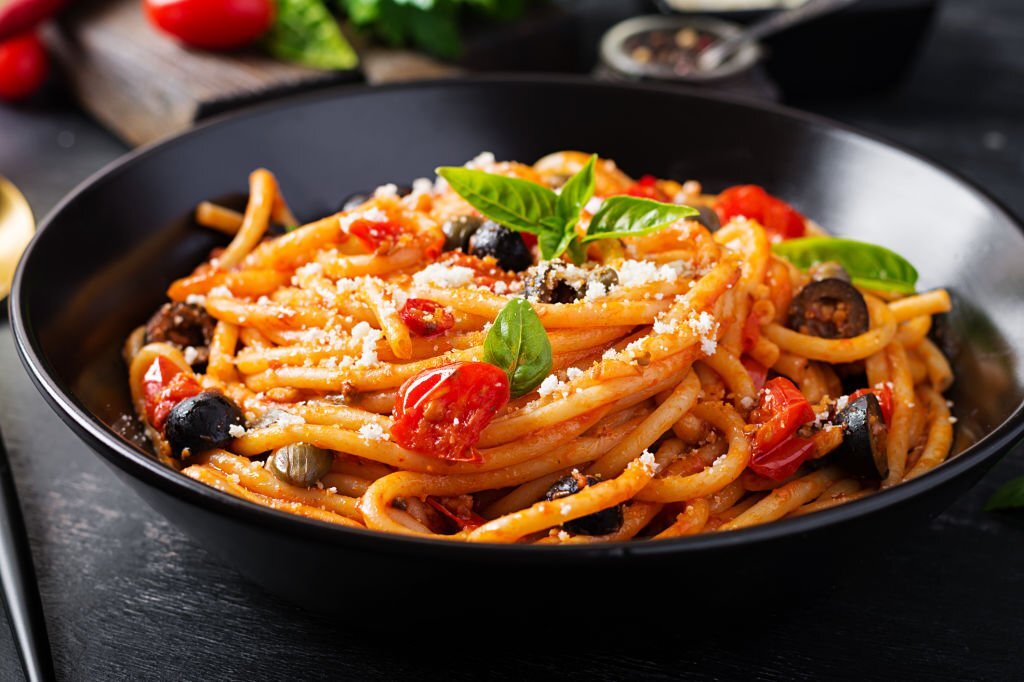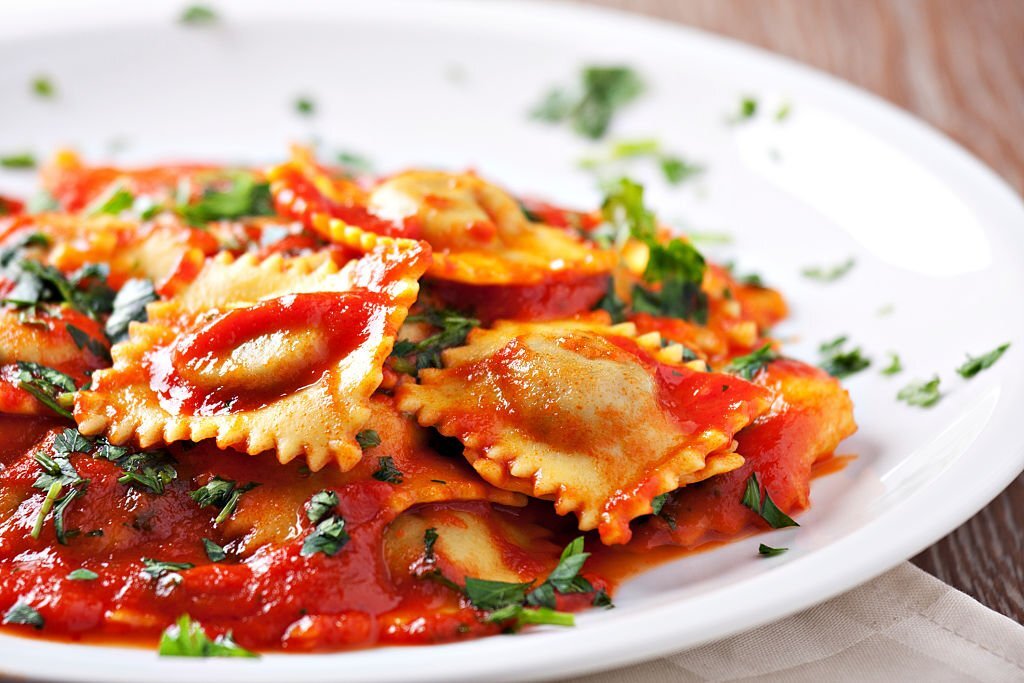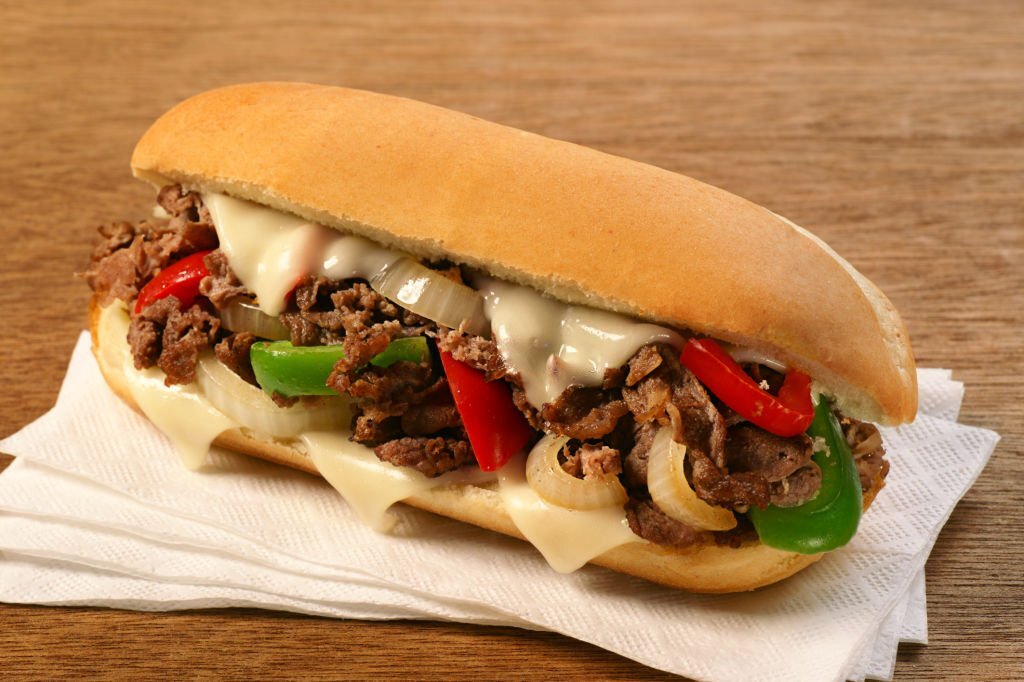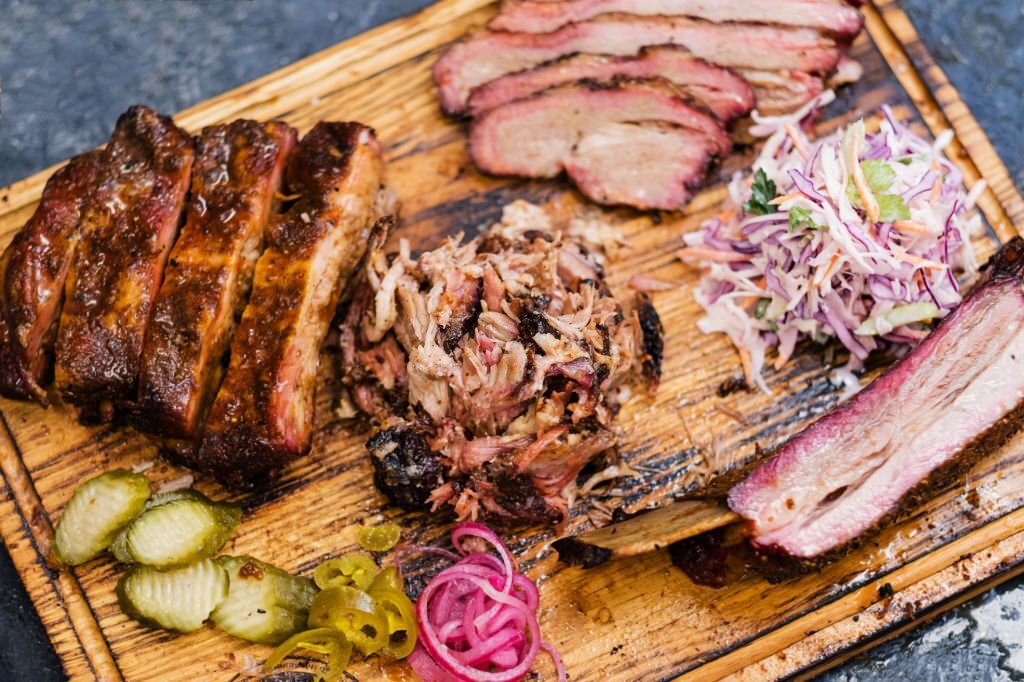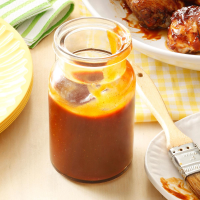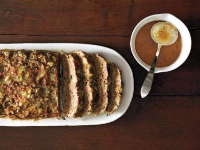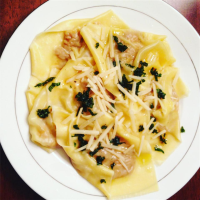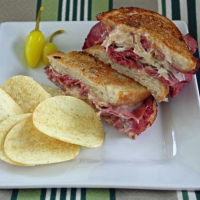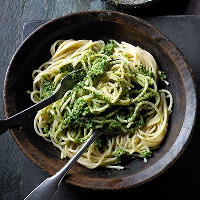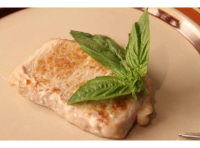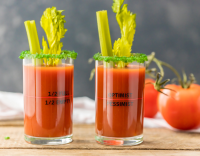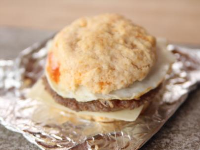More about "where did the saying in a pickle come from recipes"
THE SAYING 'IN A PICKLE' - MEANING AND ORIGIN.
What's the origin of the phrase 'In a pickle'? The earliest pickles were spicy sauces made to accompany meat dishes. Later, in the 16th century, the name pickle was also given to a mixture of spiced, salted vinegar that was used as a preservative. The word comes from the Dutch or Low German pekel, with the meaning of 'something piquant'.
From phrases.org.uk
From phrases.org.uk
See details
ORIGIN OF THE PHRASE "IN A PICKLE" | BON APPETIT
30/8/2012 · The word "pickle" itself comes from the Dutch " pekel ," which originally referred to the pickling brine or some kind of similarly spicy sauce, rather than the pickled vegetable itself.
From bonappetit.com
From bonappetit.com
See details
WHY DO WE SAY WE'RE 'IN A PICKLE'? | HOWSTUFFWORKS
15/9/2020 · One answer might come from England, where "pickle" can mean the chopped-up condiment Americans usually call " relish ." That's more akin to the feeling of being in a pickle than the feeling a nice, crisp gherkin brings to mind.
From people.howstuffworks.com
From people.howstuffworks.com
See details
WHERE DID THE PHRASE "IN A PICKLE" COME FROM? - ENGLISH LANGUAGE & USAGE STACK EXCHANGE
29/4/2011 · pickle mid-15c., probably from Middle Dutch pekel "pickle, brine," from a Low German root of uncertain origin or meaning (cf. [...] German pökel ). [...] Figurative sense of "sorry plight" first recorded 1560s. The Phrase Finder supplies some background:
From english.stackexchange.com
From english.stackexchange.com
See details
WHY DO WE SAY 'IN A PICKLE'? | LEARN ENGLISH
31/12/2010 · The word ‘pickle’ comes from the Dutch word ‘pekel’, meaning ‘something piquant’, and originally referred to a spiced, salted vinegar that was used as a preservative. In the seventeenth century, vegetables like cucumbers or gherkins that were preserved took the name.
From ecenglish.com
From ecenglish.com
See details
WHAT IS THE ORIGIN OF THE PHRASE "IN A PICKLE"?
30/1/2004 · The phrase was known in Dutch by 1561 - ' in de pekel zitten' meaning 'to be in a pickle'. There are a few references to ill pickles and this pickle etc. in print in the late 16th century, but Shakespeare appears to be the first to use in a pickle, in The Tempest. https://www.phrases.org.uk/meanings/in-a-pickle.html
From funtrivia.com
From funtrivia.com
See details
IN A PICKLE (IDIOM) - MEANING, ORIGIN | KNOW YOUR PHRASE
In hot water The Origin of “In a Pickle” The origin of the phrase in a pickle goes back to at least the 17th century. It was utilized in a play called The Tempest by William Shakespeare in 1611. There are two characters in the play, Alonso and Trinculo, who both use the expression while speaking to each other: “ Alonso.
From knowyourphrase.com
From knowyourphrase.com
See details
HOW DID THE EXPRESSION 'I'M IN A PICKLE...' COME ABOUT?
3/1/2002 · Shakespeare is often credited with inventing the phrase "in a pickle" in The Tempest, but even there, the usage seems to be closer to another common meaning of "pickled": to be drunk, soused, sloshed, blotto, or whichever preferred term you use for alcoholic inebriation.
From funtrivia.com
From funtrivia.com
See details
WHAT IS THE CHRISTMAS PICKLE AND WHERE DID IT COME FROM? | ALLRECIPES
10/12/2021 · Unfortunately, no one seems to know exactly where the tradition originated, but it's extremely popular in the Midwestern region of the U.S. — particularly Michigan, which has a lot of German immigrants. It's possible that this was a tradition local to one region of Germany and an immigrant family brought it over, but we can't be sure.
From allrecipes.com
From allrecipes.com
See details
PICCALILLI - PICKLING | BRITISH HISTORY ONLINE
10/1/2022 · Mason and Brown suggest that this pickle was introduced in the middle of the eighteenth century, and that its name was probably a play on 'pickle' [Mason and Brown (1999)].
From british-history.ac.uk
From british-history.ac.uk
See details
WHY DO WE SAY 'IN A PICKLE'? | LEARN ENGLISH
31/12/2010 · If you are in a pickle, you are in a difficult position, or have a problem to which no easy answer can be found. The word ‘pickle’ comes from the Dutch word ‘pekel’, meaning ‘something piquant’, and originally referred to a spiced, salted vinegar that was used as a preservative.
From ecenglish.com
From ecenglish.com
See details
WHAT DOES IN A PICKLE MEAN? - WRITING EXPLAINED
By this description, in a pickle could mean in trouble because one was dead. This could be used figuratively to describe anyone in a tough situation. One of the earliest written uses of this phrase was by the English playwright William Shakespeare in the year 1610, in his play The Tempest. Alonso: And Trinculo is reeling ripe: where should they.
From writingexplained.org
From writingexplained.org
See details
PICCALILLI - PICKLING | BRITISH HISTORY ONLINE
10/1/2022 · Piccalilli. A PICKLE composed of a mixture of chopped vegetables and hot SPICES, one of which is invariably the TURMERIC that gives its distinctive colour. Piccalilli was also known as INDIAN PICKLE and ENGLISH chow chow [Simmonds (1906)]; [Tradecards (18c.)]. Mason and Brown suggest that this pickle was introduced in the middle of the ...
From british-history.ac.uk
From british-history.ac.uk
See details
THE TRUE STORY BEHIND THE CHRISTMAS PICKLE TRADITION - JACOBS CHRISTMAS
Come Christmas Day, the first person to find the pickle ornament hanging delicately on a branch of the Christmas tree gets rewarded. They might get to open the first present, or they get an extra present. But who started this tradition, where did it start, and when
From jacobschristmas.com
From jacobschristmas.com
See details
HOW BREAD AND BUTTER PICKLES GOT THEIR NAME - MASHED.COM
11/7/2020 · Bread and butter pickles can most likely trace their roots back to Omar and Cora Fanning, who filed a patent for the name in 1923 (via Saveur).Omar, born in 1876, was son to Omar, a wagon maker and small-town politician, and Mary, a school teacher (via Genealogy Trails and My Heritage). ...
From mashed.com
From mashed.com
See details
CHRISTMAS PICKLE ORNAMENT & ITS GERMAN TRADITION ON THE TREE - TASTE OF HOME: FIND RECIPES, APPETIZERS, DESSERTS, HOLIDAY RECIPES & HEALTHY ...
10/10/2019 · I did find a connection between these stories and pickle ornament sales. Both of these legends started to gain traction in the 1880s, right around the time F.W. Woolworth Co. stores started selling imported German glass ornaments in the United States, some in the shapes of fruits and vegetables.
From tasteofhome.com
From tasteofhome.com
See details
WHAT IS A CHRISTMAS PICKLE AND WHERE DID IT COME FROM? | SOUTHERN LIVING - RECIPES, HOME DECOR, GARDENING, DIY AND TRAVEL | SOUTHERN LIVING
In the 1840s, German glassblowers were churning out ornaments shaped like fruits, nuts and possibly pickles. By the 1880s, F. W. Woolworth Company was importing them and telling their German origin story. But no matter how you slice, crunch or stack it, the Christmas Pickle isn't going anywhere anytime soon.
From southernliving.com
From southernliving.com
See details
RELISH - TYPES, HISTORY, RECIPES : ARTICLE - GOURMETSLEUTH
22/3/2018 · In the U.S. vocabulary the word relish refers to condiment which normally contains vinegar, salt and sugar. Read a short history of relish in the United States includes relish types and recipes. Where relish got its name. Condiment vs Relish.
From gourmetsleuth.com
From gourmetsleuth.com
See details
YOUR CHRISTMAS PICKLE ORNAMENT IS BASED ON A LIE
21/12/2020 · December 21, 2020. Kristin G., while standing in front of my fifth-grade class, opened up a box filled with cotton and pulled out a Christmas ornament. "This is my family's Christmas pickle ...
From 10best.com
From 10best.com
See details
WHY DO WE SAY "BREAK A LEG?" | READER'S DIGEST
9/8/2021 · Why exactly do we say it, though, and where did the phrase even come from? Read on to get the fascinating details, from what it means to its superstitious roots. “Break a leg” meaning
From rd.com
From rd.com
See details





